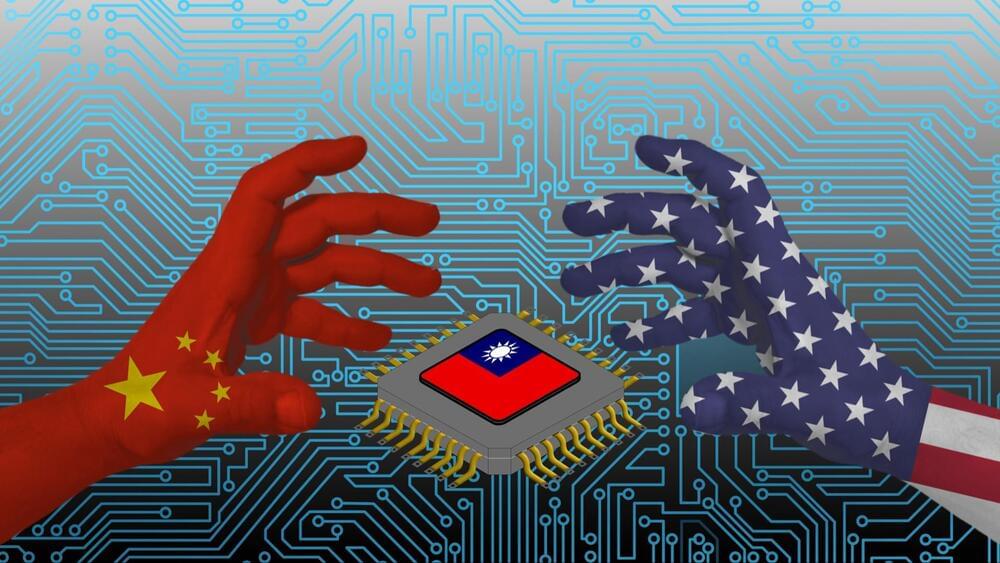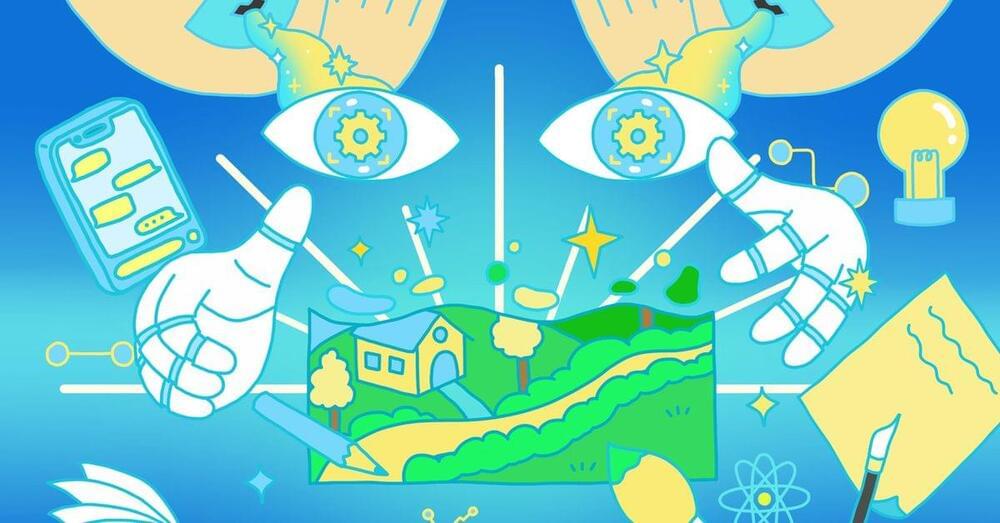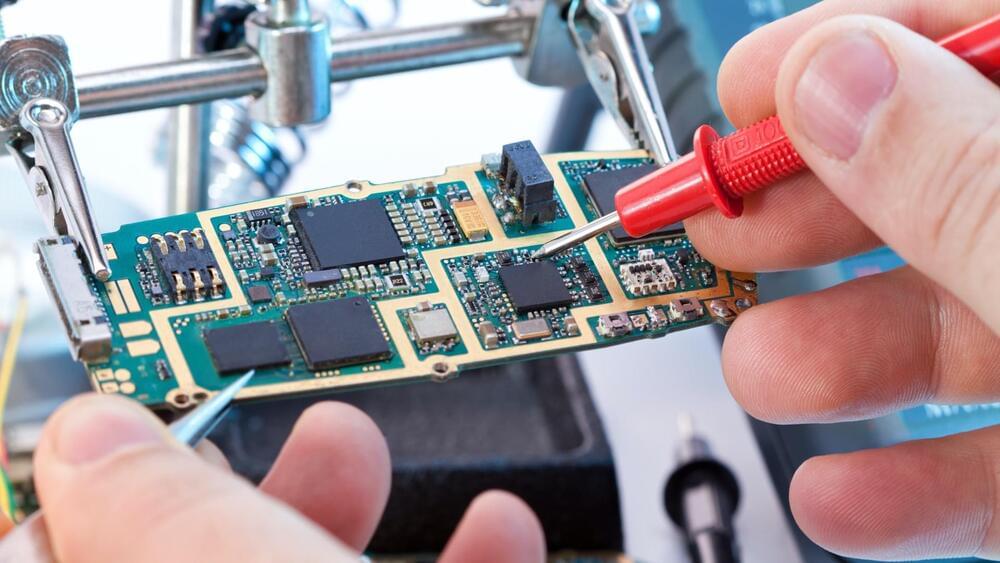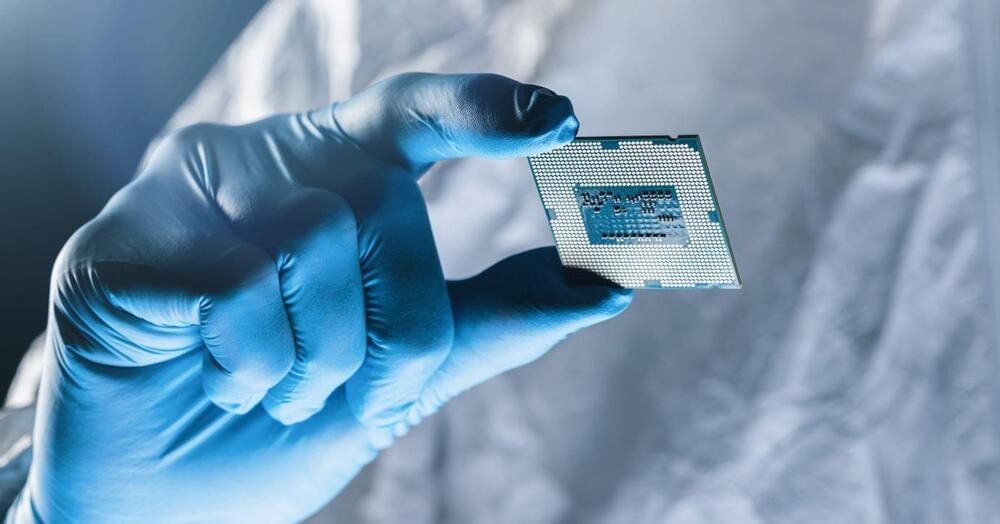The Chinese firm, Unitree, claims that its upgraded humanoid robot, “powertrain provides the highest level of speed, power, maneuverability and flexibility.”
Chinese robotic systems firm Unitree marks a groundbreaking development with the upgrade of its humanoid robot.
The robot, called H1, has also been billed as the ‘world’s most powerful general-purpose humanoid robot’ with its advanced “powertrain [which] provides the highest level of speed, power, maneuverability and flexibility,” claims Unitree’s website.
Situated in Hangzhou, just outside Shanghai, Unitree Robotics was established in 2017. The company’s mission is to democratize legged robotics, aspiring to make them as widespread and cost-effective as smartphones and drones are in contemporary times.







